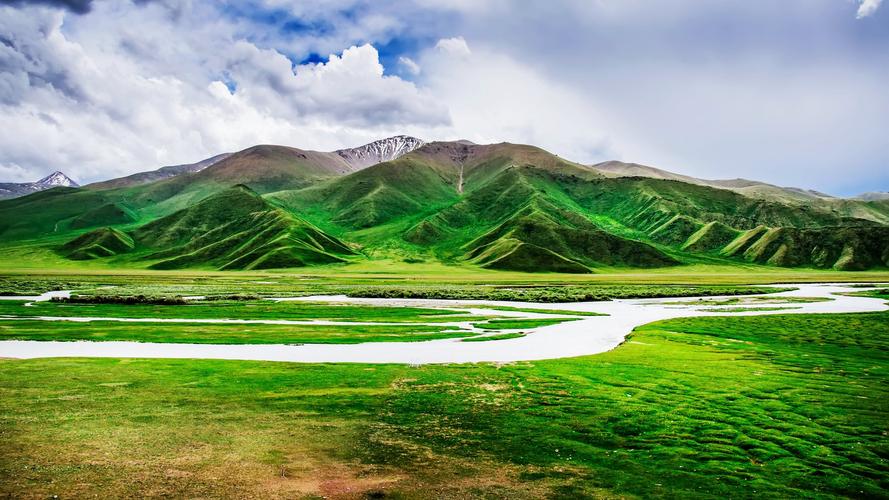Demystifying What is Cultural Geography: A Comprehensive Overview
Do you ever wonder why people in different parts of the world act and think differently? The answer lies in the study of cultural geography. Cultural geography explores how cultural beliefs and practices shape the physical and human environment. In this article, we will delve into the world of cultural geography and explore the key facets of this fascinating field.
What is Cultural Geography?
Cultural geography is the study of how human culture interacts with the natural environment and how it impacts the world at large. This discipline explores the connection between human societies and their landscapes, regions, and environments with an emphasis on the social and cultural aspects. Cultural geography focuses on the different ways people interact with the world around them, including cultural practices, economic activities, political systems, and social structures.
The Key Concepts of Cultural Geography
Cultural geography revolves around several key concepts that help us understand the complex interactions between human culture and the environment. The following are some of the major concepts in cultural geography:
Place and Space
Place and space refer to the locations and landscapes in which humans interact. Place is the unique physical and cultural environment where individuals, societies, or cultures thrive. In contrast, space refers to the blank canvas that individuals or societies create upon the physical places they inhabit.
Environment and Society
Environmental determinism is a concept that posits that the physical landscape and climate determine the evolution of different societies. Cultural geography is based around the belief that the environment and human society influence each other symbiotically, and neither can exist without the other. Cultural geographers study the ways in which individuals and societies interact with their environment and the resultant social and cultural impacts.
Cultural Ecology
Cultural ecology explores the relationship between cultural practices, activities, and beliefs, and the natural environment. This concept recognizes that various cultures will shape the landscapes and environments within which they exist, which in turn will influence their economic activity, social structure, and political system.
How Cultural Geography Affects the World
Cultural geography has significant implications for the world we live in. It affects everything from social and economic policies to urban planning and environmental management. Cultural geographers study the ways in which humankind interacts with the environment and its impact on the world at large. By analyzing social systems, economic processes, and land use patterns, cultural geography provides insights into how we can create more sustainable and equitable societies.
Conclusion
Cultural geography is an exciting field that offers a unique perspective on how culture and society shape the world in which we live. Its concepts, including place and space, environment and society, and cultural ecology, allow us to analyze complex societal and environmental issues. By understanding cultural geography, we can build more inclusive, vibrant, and sustainable societies that respect and preserve the natural environment.
(Note: Do you have knowledge or insights to share? Unlock new opportunities and expand your reach by joining our authors team. Click Registration to join us and share your expertise with our readers.)
